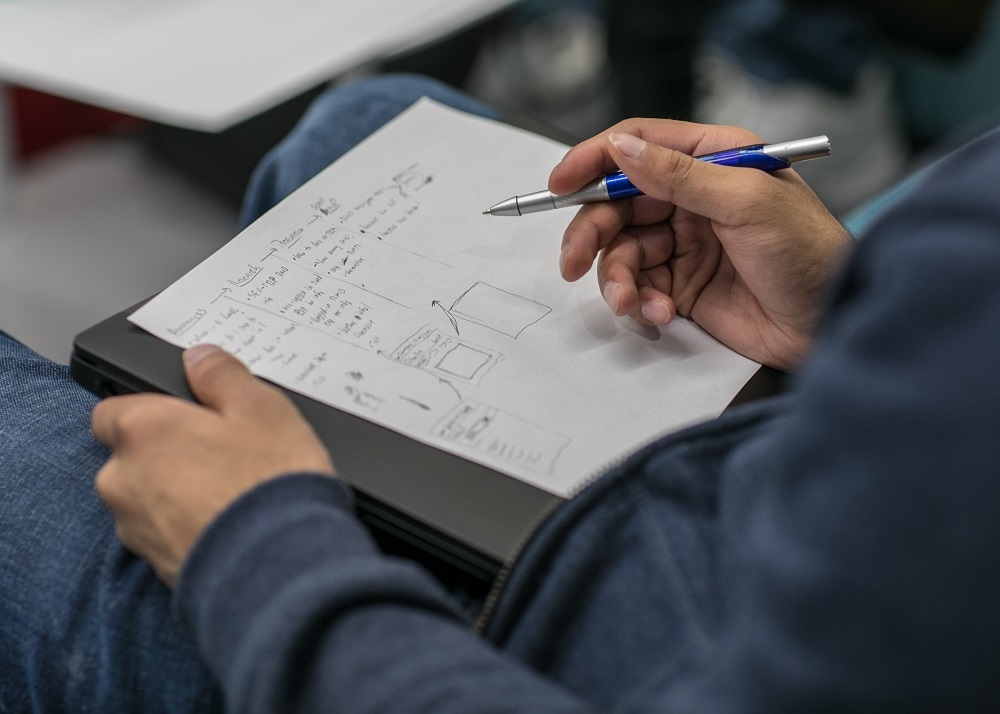AUGUST 21 — One of my duties as a lecturer is to invigilate exams. As someone who’s been doing this for more than a decade, I’ve seen students scream and shout at lecturers for taking away their phones, students black out from panic attacks and collapse, students having their “secret notes” forcefully removed from their sleeves, etc.
Note: These past few weeks have been more or less the same.
The bottom line with this snapshot of exam hall adventures is that it confirms one theme which remains incontrovertible after all these decades: Academia is stressful and no fun.
I won’t rehash the many reasons why this is the case, but I will try to reframe it from another angle i.e. upsides and downsides.
In risk studies, if the influence of X creates more downsides than upsides for you, then it can be said that you are fragile with respect to X.
But if the situation is reversed, and X provides proportionately more upsides than downsides, then it’s likely you are either resilient to X or anti-fragile to it.
When it comes to education and academia, one huge problem looms large: Most students are rendered fragile to their studies. Why? Because they experience their studies as having more downsides than upsides.
If they do well in one semester, the exhilaration and joy doesn’t last beyond a few days. Within a short time, they’re back on the wheel again and, in fact, may even face more pressure to sustain their high marks the following semester.
And since a lot of academic excellence is compared, this dilutes the delight in being a top-scorer; you may get 95 per cent but dammit the other guy got 98 per cent, so tell me why couldn’t you do as well as him?
Ergo, the upside of doing well in school is often both shallow and fleeting.
Now, what happens if a student does NOT do well?
We all know. Disapproval, nagging, fun time reduced, social “identity” takes a hit, and more hours spent slogging at subjects one can hardly make head or tail about.
A cloud of despair descends and the student’s already brittle “love” for schooling and learning cracks even more. Worst, is when one’s sense of esteem is broken or is under so much pressure one decides it’s worth the risk hiding notes inside one’s crotch during exam time or engage with suicidal ideation.
In other words, the downside of academia can be both severe and, in some cases, tragic.
For the sake and safety of our students, this must change.
How? By reversing the upside/downside ratio.
Most importantly, we need to stop the downside as much as possible. We need to repeat — over and over again — that at the end of the day, exams are just exams and whatever happens we have to move on, work out different learning tactics, keep life going, enjoy progressing in non-academic sectors, etc.
We need to, as a society, STOP instilling a sense of ruthless competition in our students (which is at the heart of why the downsides prevail); failing is not the end of the world and succeeding does not mean we are “the best”.
We need to love our students enough to persuade them that their identities must not get tied up with their CGPA (seriously, how stupid is that?) or whether or not they’re on the Dean’s List.

Our students need to be reminded that getting a D in Science is hardly a moral failure so let’s not burden our children with some saintly task to achieve A “at all costs”.
Next, we need to rethink the upside; chiefly, we must strip academic achievement of comparisons and superficial scoring.
Management guru Tom Peters once said that a good job is its own reward. This should be the same with academic achievement i.e. doing well in Geography should be its own reward.
Such a job is authentic, deep and longer-lasting sans linking our score to what our classmates have achieved. Such a sense of accomplishment also propels and motivates further studies, not unlike a private adventure.
If our students can think like this, it would help kill that sense of social pressure that bears down on millions of kids every day, pressure which not only destroys a natural love for learning and discovery but which also breeds anxiety and depression.
Now, simply imagine millions of students in this country perceiving and experiencing their studies as having more upsides than downsides. I think we’d all call that a revolution in the realest sense of the word.
*This is the personal opinion of the columnist.






















